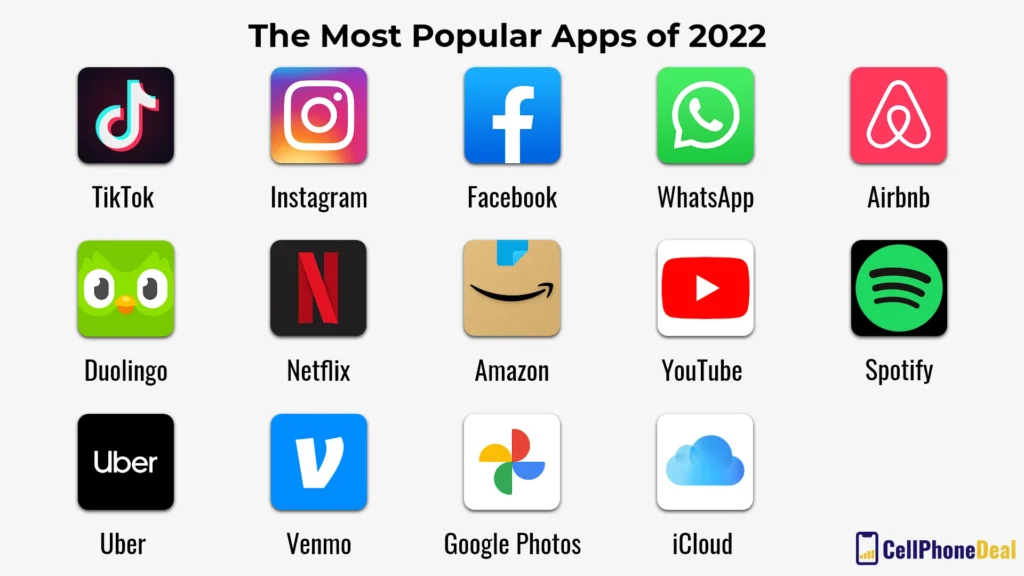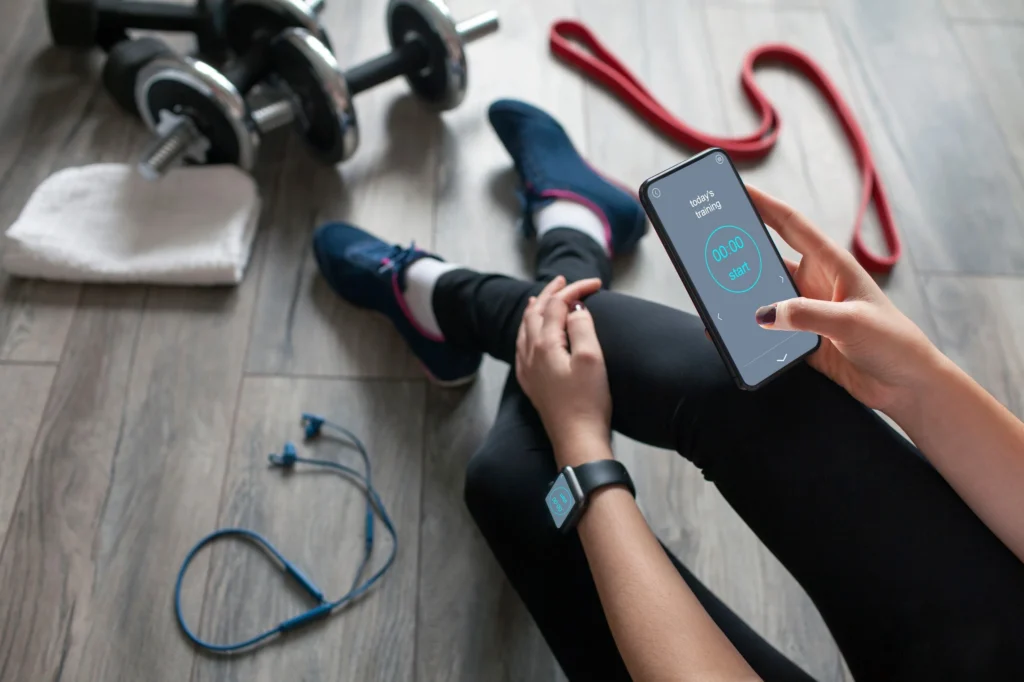In recent years, the landscape of health tracking has undergone a significant transformation, largely driven by the rise of mobile applications. The future of health tracking through mobile apps promises to revolutionize how individuals monitor their well-being, offering unprecedented access to personal health data and insights. With advancements in technology, these applications are becoming more sophisticated, integrating features such as real-time monitoring, personalized health recommendations, and seamless connectivity with wearable devices. As we delve into this topic, we will explore the potential of mobile apps to empower users in their health journeys.
Throughout this article, you will learn about the various ways mobile health tracking apps are enhancing user engagement and promoting healthier lifestyles. From tracking physical activity and nutrition to managing chronic conditions, these applications are designed to cater to a wide range of health needs. We will also discuss the role of artificial intelligence and machine learning in personalizing health experiences, making it easier for users to achieve their health goals. Furthermore, we will examine the importance of data privacy and security in the realm of health tracking, ensuring that users can trust the technology they rely on.
As we navigate through the future of health tracking, we invite you to join us in discovering the innovative features and trends that are shaping this dynamic field. Whether you are a health enthusiast or simply curious about the impact of technology on personal wellness, this article will provide valuable insights and practical tips to enhance your health management journey. Stay with us as we uncover the exciting possibilities that lie ahead in the world of mobile health tracking!
As technology continues to evolve, mobile health tracking apps are becoming increasingly sophisticated, offering users a wealth of information about their health and wellness. This article explores the future of health tracking through mobile apps, focusing on key areas that are shaping this dynamic field.
Integration of Wearable Technology
The integration of wearable technology with mobile health apps is revolutionizing the way individuals monitor their health. Devices such as smartwatches and fitness trackers collect real-time data on various health metrics, including heart rate, sleep patterns, and physical activity levels. This data can be seamlessly synced with mobile apps, providing users with a comprehensive overview of their health status.
As wearable technology advances, we can expect even more precise tracking capabilities. For instance, future devices may incorporate advanced sensors that can monitor blood glucose levels or detect irregular heart rhythms. This integration not only enhances user engagement but also empowers individuals to take proactive steps towards better health management.
Personalized Health Insights
One of the most exciting developments in mobile health tracking is the ability to provide personalized health insights. By leveraging artificial intelligence and machine learning algorithms, health apps can analyze user data to offer tailored recommendations. This could include personalized workout plans, dietary suggestions, or reminders for medication adherence.
Personalization enhances user experience and encourages adherence to health goals. For example, if an app detects that a user is not meeting their daily activity goals, it can suggest specific exercises or activities that align with their preferences and lifestyle. This level of customization is likely to increase user satisfaction and improve health outcomes.
Data Privacy and Security Concerns
As health tracking apps collect sensitive personal data, concerns regarding data privacy and security are paramount. Users must trust that their information is protected from unauthorized access and misuse. Future developments in health tracking will need to prioritize robust security measures, including encryption and secure data storage solutions.
Moreover, transparency in data usage policies will be crucial. Users should be informed about how their data is collected, stored, and shared. As regulations around data privacy evolve, health apps will need to comply with standards such as GDPR and HIPAA to ensure user trust and safety.
Telehealth Integration
The future of health tracking is also closely linked to the rise of telehealth services. Mobile health apps can facilitate virtual consultations with healthcare providers, allowing users to share their tracked data in real-time. This integration can lead to more informed medical decisions and personalized care plans.
For instance, a user with a chronic condition can share their health metrics with their doctor during a telehealth appointment, enabling the provider to make data-driven recommendations. This synergy between health tracking and telehealth not only enhances patient engagement but also improves access to healthcare services.
Gamification of Health Tracking
Gamification is emerging as a powerful tool in health tracking apps, encouraging users to engage with their health in a fun and interactive way. By incorporating game-like elements such as challenges, rewards, and leaderboards, these apps can motivate users to achieve their health goals.
For example, users may earn points for completing daily exercise goals or participating in health challenges with friends. This social aspect of gamification can foster a sense of community and accountability, making health tracking a more enjoyable experience. As gamification continues to evolve, we can expect to see even more innovative ways to engage users in their health journeys.
Mobile health tracking apps are revolutionizing the way individuals monitor and manage their health. With advancements in technology, these applications are becoming more sophisticated, offering a range of features that cater to various health needs.
| Aspect | Description |
|---|---|
| Personalization | Health apps are increasingly using AI to provide personalized recommendations based on user data, preferences, and health goals. |
| Integration | Future apps will integrate with wearable devices, allowing for real-time data collection and analysis, enhancing the user experience. |
| Data Security | As health data becomes more sensitive, future apps will prioritize robust security measures to protect user information. |
| Telehealth Features | Mobile apps will increasingly incorporate telehealth functionalities, enabling users to consult healthcare professionals remotely. |
| Community Support | Future health apps will foster community engagement, allowing users to connect with others facing similar health challenges. |
| Gamification | Incorporating gamification elements will motivate users to engage more with their health tracking, making it a fun experience. |
| Data Analytics | Advanced analytics will provide users with insights into their health trends, helping them make informed decisions. |
In conclusion, the future of health tracking through mobile apps is promising, with innovations aimed at enhancing user experience, improving health outcomes, and ensuring data security. As technology continues to evolve, these apps will play a crucial role in personal health management.


